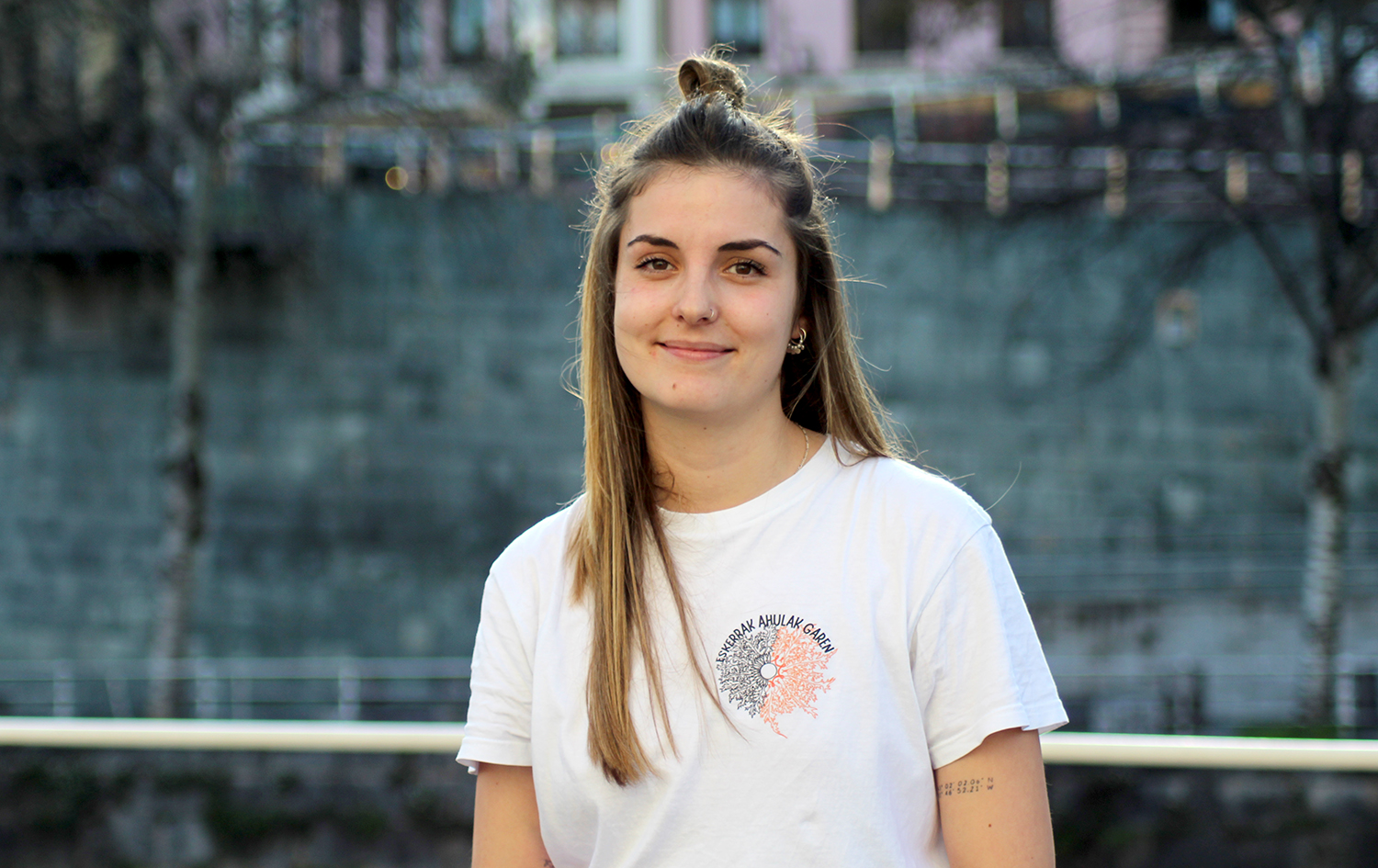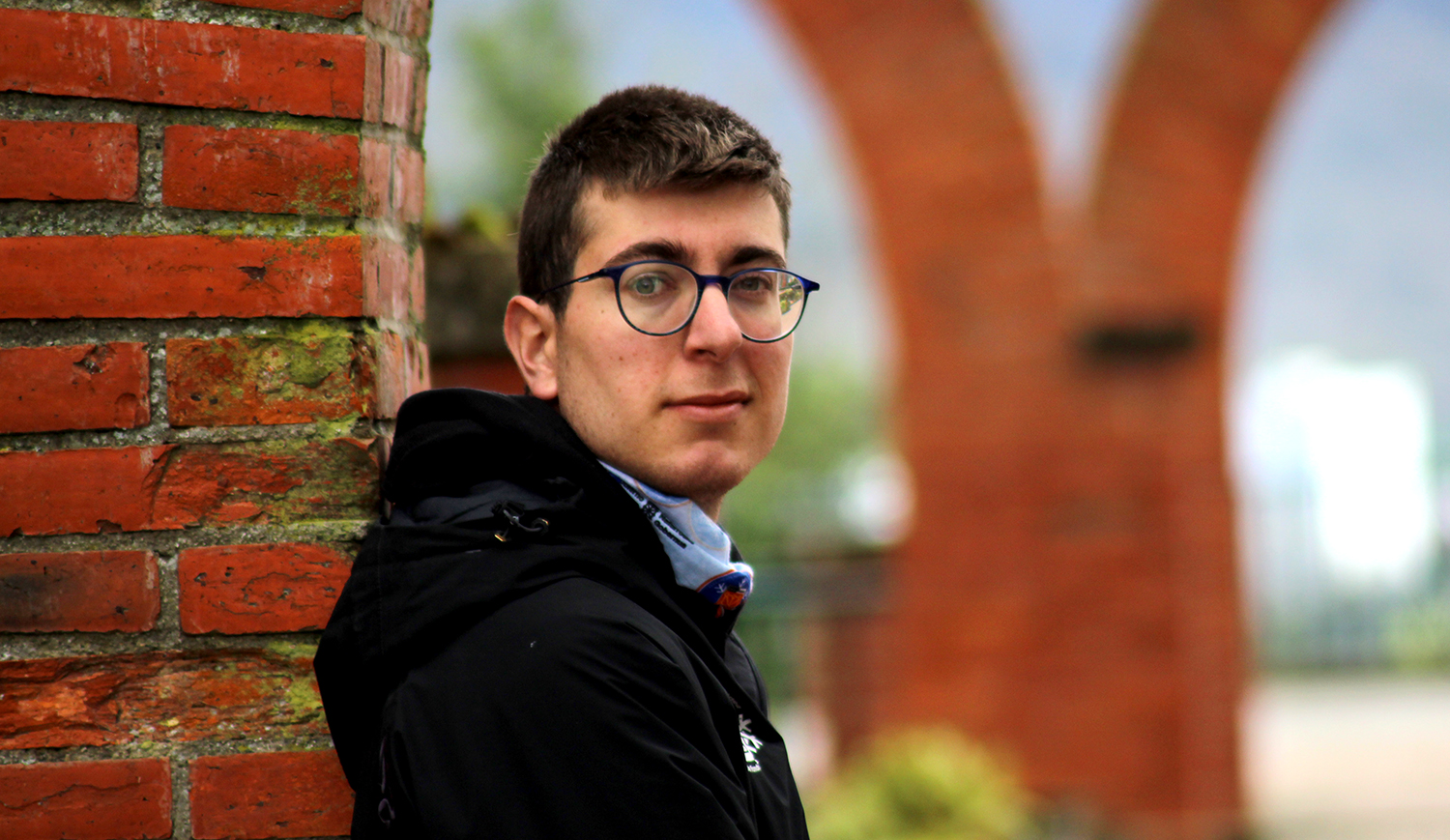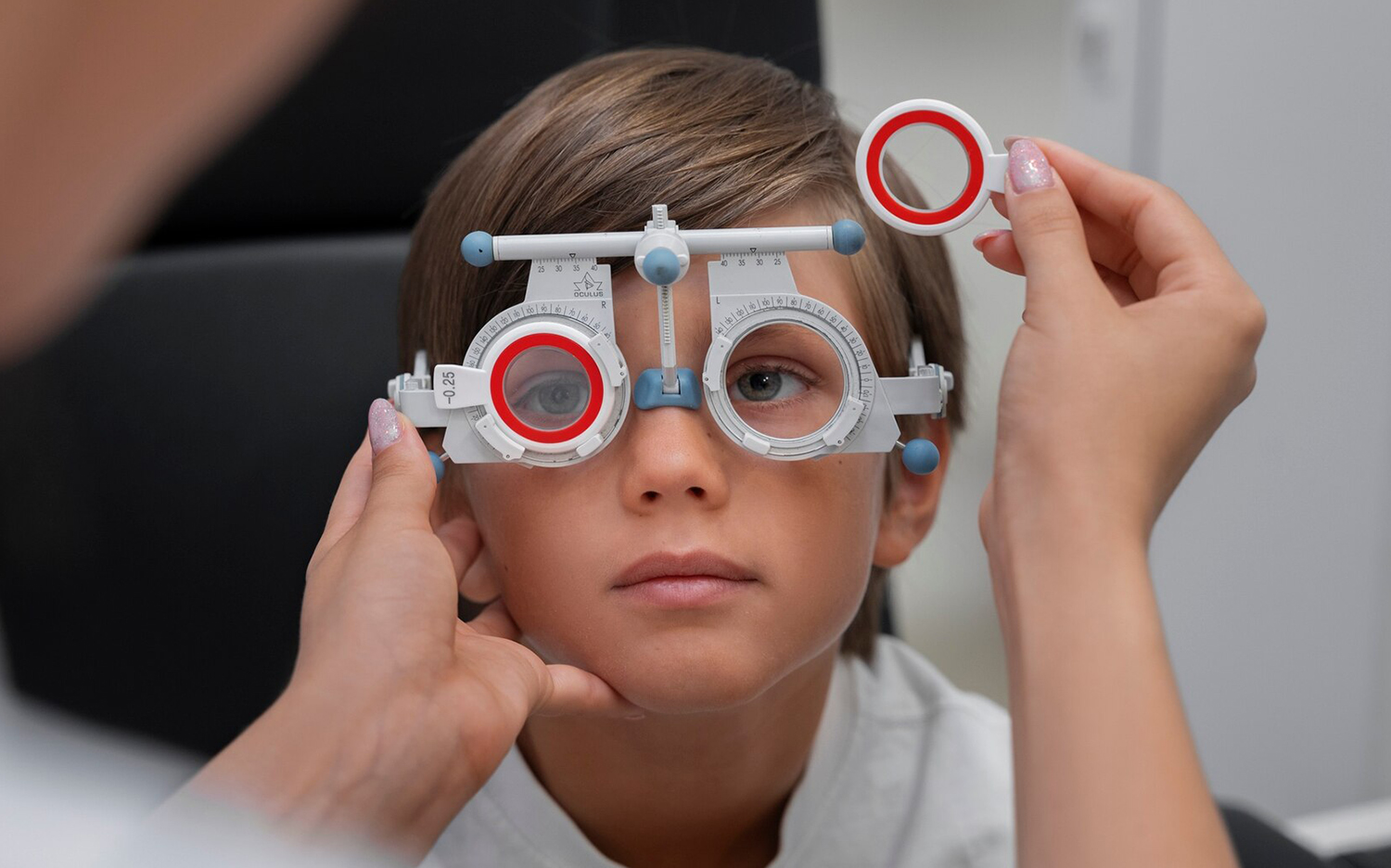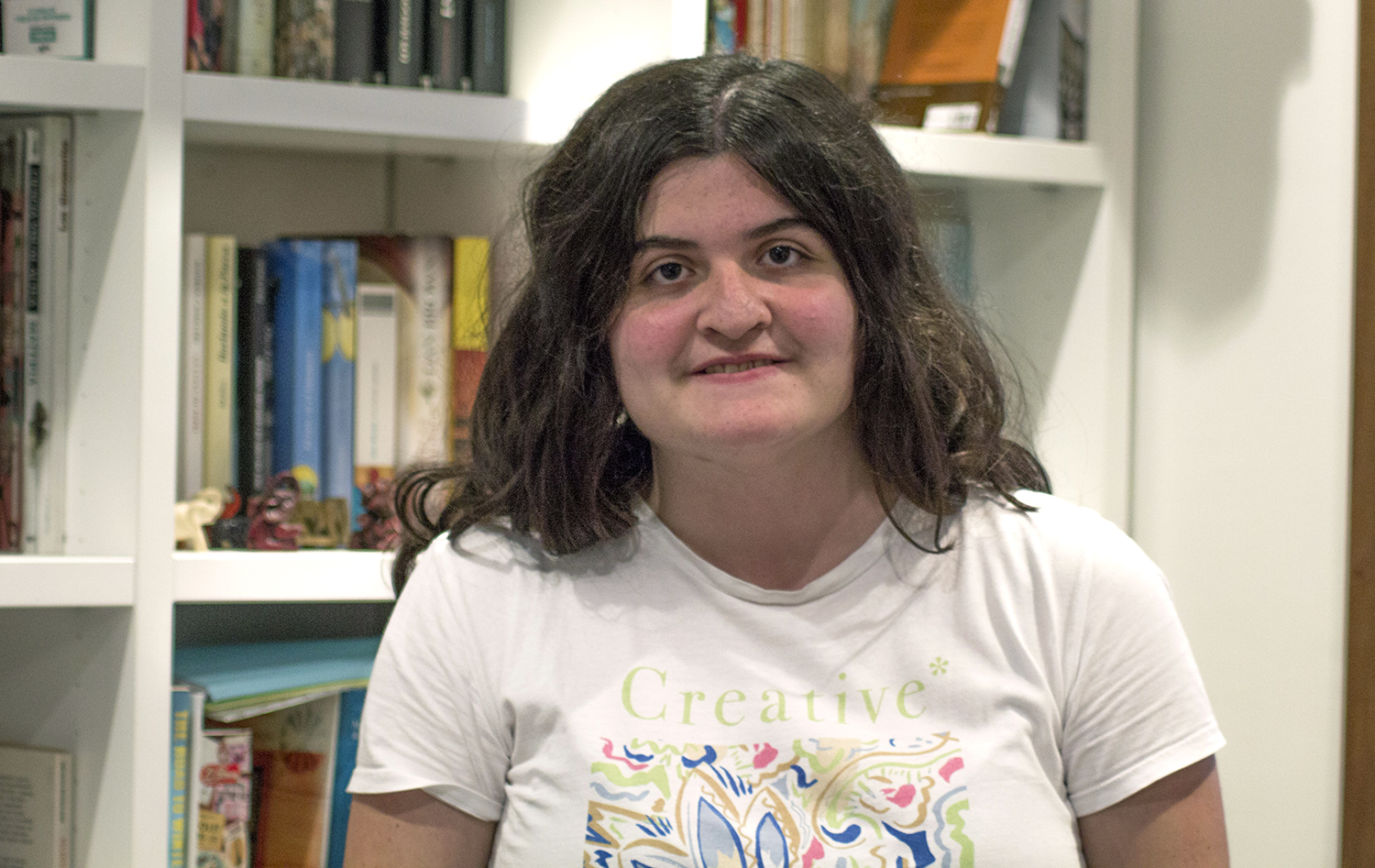"Instead of patenting menopause, we have to live as part of a stage."
- Physio Juncal Alzugaray Zurimendi, a specialist in sexology and pelvic floor, has given some keys to better understand climacteric and menopause.
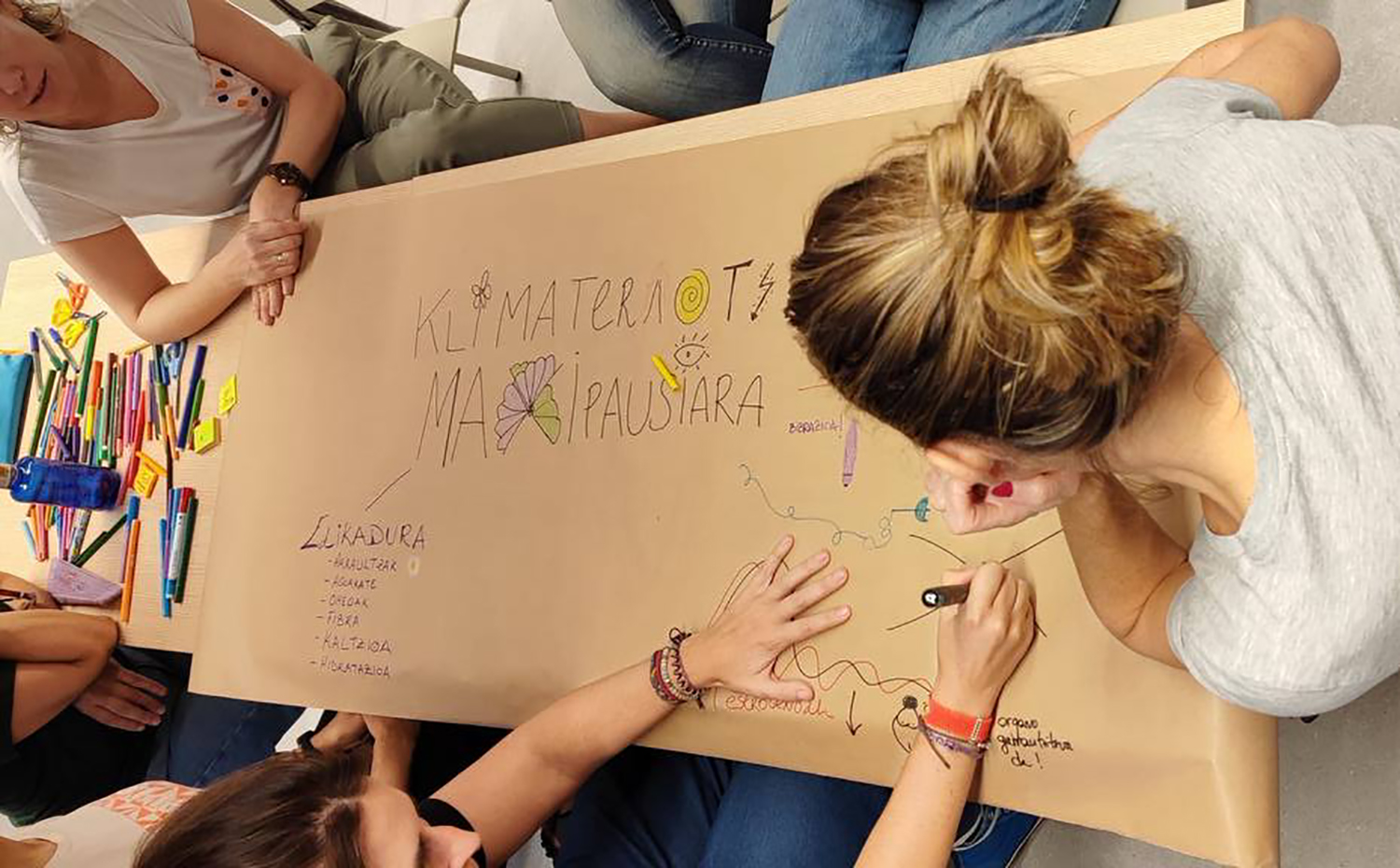
Juncal Alzugaray Zurimendi is a physisio that runs through the towns teaching courses on climacteric and menopause. She is a specialist in sexology and pelvic floor. On this occasion, from Klimaterio to Menopause: A hands-on theory course is being held in Altsasu (Navarra). He held his first session on 11 and will end on 18. It has also stressed the need to give the keys to dealing with the changes that have taken place in the climacteric and to talk about it naturally.
Does the climacteric tend to be confused with menopause?
There is a lot of lack of information and a gap. One patient asked his mother how she had experienced menopause. The mother said she hadn't done it, because she didn't feel hot. We relate menopause to heat or drama, but we don't have to live like that.
When does it start again and again?
I always put adolescence and climacteric in parallel. In adolescence, before it's a month, our body undergoes some changes. Some of them, like hormones, don't see each other. Others do, like hair and breasts. The climacteric is a process prior to menopause and it's pretty invisible. There are physical changes, for example, that change the distribution of fat, there may be calores, menstruation is less regular and the amount of blood varies. It lasts between five and ten years, and it ends when menopause comes. So what is menopause? Last month. To do this, we have to be a year or a little more without monthly fees.
How do all these changes affect our health?
The remarkable decrease in estrogen greatly influences the composition of our tissues. On the one hand, fat starts to work as an organ. Our body starts working as a warehouse, as it needs fat to manage estrogen loss. Thus, fat builds up, especially in the abdomen. On the other hand, tissues lose hydration and flexibility, since the decrease in estrogen has a direct relationship with collagen fixation. It can also influence the fixation of vitamins.
What can be done in the face of these changes?
The essential thing is to have information. For this, the role of the midwife is mandatory, as she has all the necessary information in primary care. In the end, the midwife not only helps us in pregnancy, childbirth or postpartum, but helps us throughout our lives. If we don't have a trusted woman, we can go to the empowerment schools. They talk more and more about menopause. In addition, it is necessary to take care of nutrition and exercise. Physical exercise is not only to look good from the outside, but also from the inside there are many changes when we work our muscles. Still, we have to look for a sport that we like. It's better to do something, but to taste, than to do nothing.
She mentions the tendency to associate menopause with drama. Can it be related to aging?
They require us to be beautiful and young all our lives, and when menopause comes, it seems that we lose youth and freshness. I demand the ladies of today. I believe that aging and menopause are an opportunity to celebrate. They give us the opportunity to live other kinds of things.
"Many times we say we're OK because that's what we have to say. But in these kinds of spaces, we expand and share concerns."
Is there a tendency to pathology?
We live menopause as a disease and we're medicalized a lot. It is true that sometimes medication helps, but we should not medicalize a part of the process of our life that is biologically normal. Instead of patenting menopause, we should live as part of a stage.
He has held workshops in many villages. Is there a need to speak?
Totally. I've been to a lot of sites and there's a lot of need to gather information and share. Many times we say that we are OK because we have to say it. But in these kinds of spaces, we expand and share concerns. We live them in a lot of solitude, and the group gives us the opportunity to see that we're not unique and understand that there's a hormonal explanation behind it.
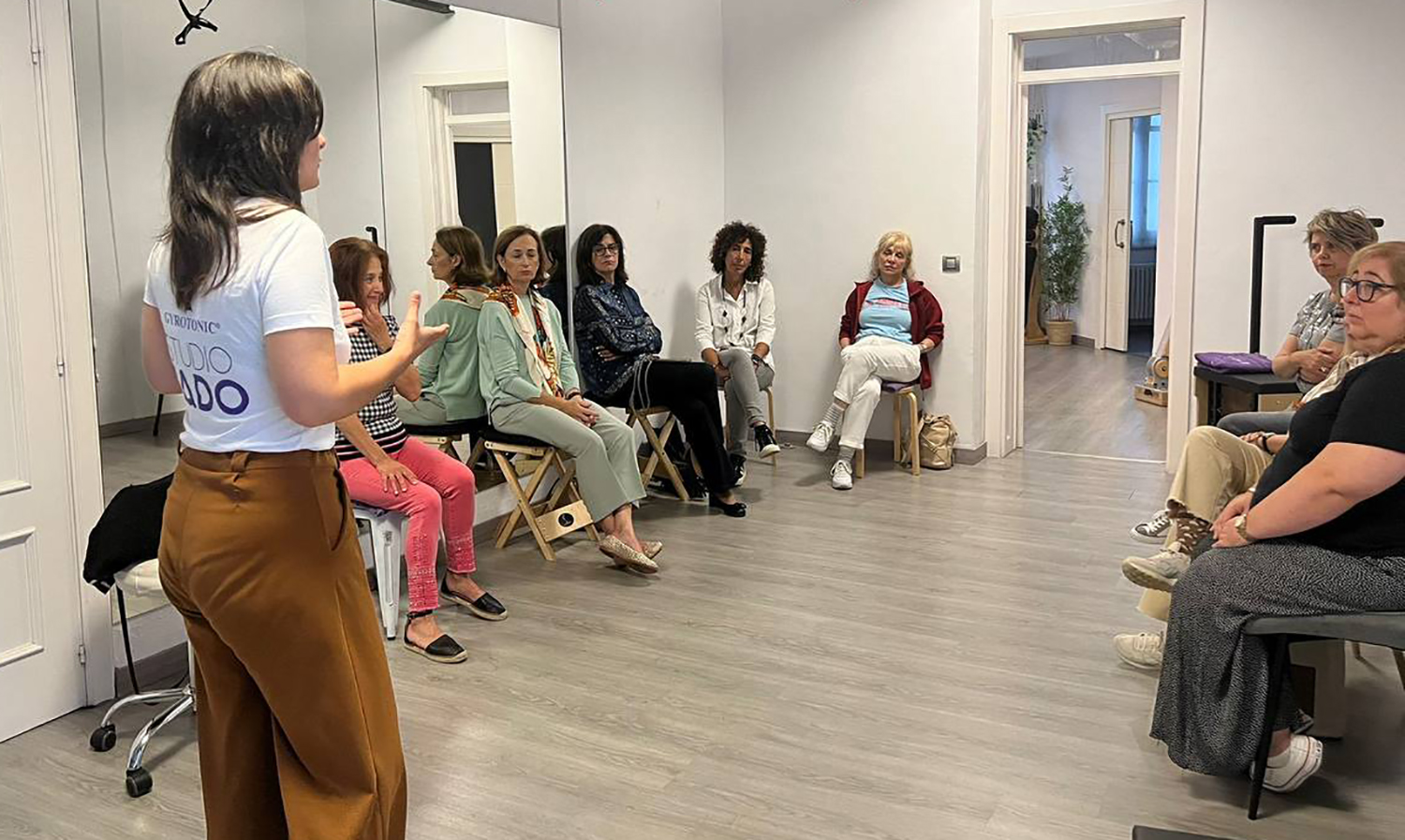
Many Basque feminists have been disappointed to learn that writer Chimamanda Ngozi Adichie has externalized pregnancy, meaning that a surrogate has fertilized her baby for money.Adichie is the author of the essay We should all be feminists, among others. They have ignored the... [+]
Indartsua, irribarretsua eta oso langilea. Helburu pila bat ditu esku artean, eta ideia bat okurritzen zaionean buru-belarri aritzen da horretan. Horiek dira Ainhoa Jungitu (Urduña, Bizkaia, 1998) deskribatzen duten zenbait ezaugarri. 2023an esklerosi anizkoitza... [+]
Orain arte desgaituak ez diren pertsonekin lehiatu da Uharteko Ipar Eski Taldeko Eneko Leyun eskiatzailea (Iruñea, 1998). 2024-2025 denboraldian, lehenengo aldiz parte hartu du Adimen Urritasuna duten Pertsonentzako Iraupeneko Eskiko Espainiako Txapelketan. Urrezko... [+]
Pertsona lodiek lodiak izateagatik bizi izan duten eta bizi duten indarkeriaren inguruan teorizatzeko espazio bat sortzea du helburu ‘Nadie hablará de nosotras’ podcastak. Cristina de Tena (Madril, 1990) eta Lara Gil (Fuenlabrada, Espainia, 1988) aktibista... [+]
Gazteagotan baino lotsa handiagoa dauka, baina horrek ez dio saltsa askotan ibiltzeko gogoa kentzen Leire Zabalza Santestebani (Iruñea, 1990). Beste gauza askoren artean, Motxila 21 musika taldeko kidea da. Nabarmendu du musika gauza asko aldarrikatzeko bide izan... [+]
Miopia gero eta gehiago eta gero eta lehenago ari da garatzen, eta horren arriskua da dioptriak gehitzen joatea eta helduaroan begiari lotutako hainbat gaitz izateko aukerak dezente handitzea. “Eguzki-argia jasotzea inportantea da, eta denbora asko ez igarotzea oso gertu... [+]
Istorioetan murgildu eta munduak eraikitzea gustuko du Iosune de Goñi García argazkilari, idazle eta itzultzaileak (Burlata, Nafarroa, 1993). Zaurietatik, gorputzetik eta minetik sortzen du askotan. Desgaitua eta gaixo kronikoa da, eta artea erabiltzen du... [+]
This wedge that the announcement on the radio Euskadi to replace the bathtub with a shower encourages the commencement of the works in the bathroom of the house. A simple work, a small investiture and a great change are announced. There has been a shift in toilet trends and a... [+]









